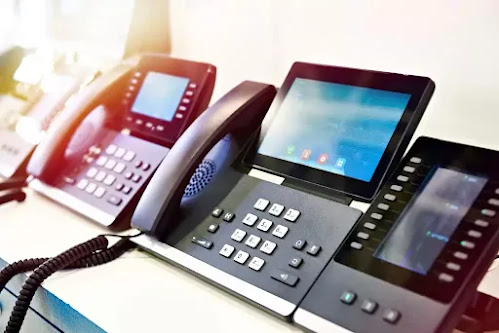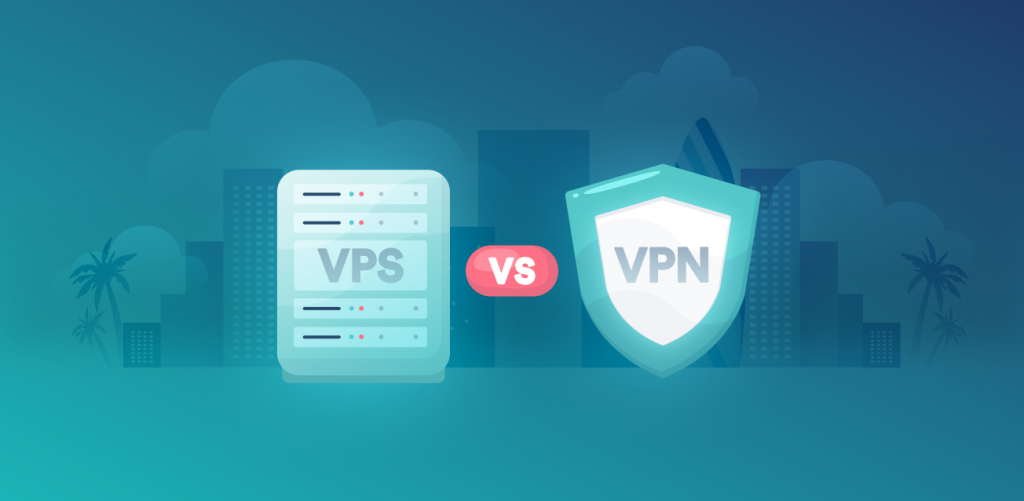What is VoIP and why it is used?
The transmission of audio and multimedia content via an internet connection is referred to as Voice over Internet Protocol (VoIP). Users can make voice calls using VoIP from their computer, smartphone, other mobile devices, special VoIP phones, and WebRTC-enabled browsers.
VoIP is a technology that is beneficial to both individuals and businesses since it often contains additional features not present in traditional phone systems. Call recording, personalized caller ID, and voicemail to e-mail are just a few examples of these features. Organizations might also benefit from it as a means of unifying communications.
The calling system is similar to that of a traditional phone. The difference is that VoIP relies on an internet connection than telephone company wiring. The use of VoIP has made it possible with the help of a set of technologies and procedures to allow voice communications to be delivered via the internet. All enterprise local area networks or wide area network shave the access to use VoIP for its benefits.
A VoIP service converts an individual's voice from audio signals to digital data, which is subsequently sent over the internet. Before reaching the intended recipient, a call from a conventional phone number is converted back to a phone signal. Because VoIP calls are transmitted via the Internet rather than over analog telephone lines, they experience the same lags and delays as other data sent over the Internet when bandwidth is limited or overburdened.
Why VoIP is used?
Internet Protocol, a critical component of the internet, is used in Voice over IP. IP calling is a significant advancement over the century-old telephone system.
Small data packets are used to carry the conversation during phone calls. In less than a second, the internet can transmit these data packets all over the world. These packets are sent between your phone and a VoIP provider when you use the internet for calling.
When using Voice over Internet Protocol, the telephone company is fully bypassed. With a high-speed internet connection, VoIP can be utilized from anywhere in the world. It's a big step forward from a regular phone system.
Using VoIP used to necessitate expensive, proprietary equipment, but that was a long time ago. Open standards such as the Session Initiation Protocol (SIP) are now used in VoIP (SIP). SIP allows for seamless communication across desk phones, conference phones, and VoIP applications.
For regular personal and commercial calling, VoIP is simple to set up and utilize. You can use the internet to make calls as long as your internet connection is up and running.
There is no technical setup required. You can utilize VoIP if you have access to a power outlet and a network cable for your phone.
Using your VoIP phone service on an iPhone or Android device is much more convenient. You can use VoIP to make calls by downloading a free VoIP software and signing in.
Pros
• This has resulted in significant cost savings and reduced phone costs for many people and organizations.
• The audio is not muffled or distorted because of the significant difference in call quality.
• It provides services like auto attendants, call recording, and call queues to operate your business. They are frequently included as part of business phone service packages.
• Wherever you work, make use of your phone service. There is no technical setup required for remote work.
• Because international long-distance fees are minimal, you can freely phone anyone on the globe.
Cons
• On dial-up or satellite internet connections, VoIP does not work very effectively. A fast internet connection is required.
• This has some restrictions in terms of emergency services. You must inform the operator of your exact location if you need to contact 911 from your VoIP phone. Your company's mailing address is automatically sent to public safety operators through voice-over IP systems.
• Voice-over IP employs cutting-edge technology that eliminates the need for analog communications. You will likely wish to replace any old phone handsets.
Conclusion
To conclude, for making calls copper wires and phones are no longer necessary. With an Internet-connected computer, a headset, and voice-over IP, you may make phone calls anytime, from anywhere (VoIP).Switching to VoIP could help you save money on communication services as well. With VoIP, long-distance and international calls are usually free of cost. Your internet access is the only fee that you have to pay.
When you use VoIP, you don't have to use IP phones for all of your employees. Even if you have analog telephone stations, the top VoIP providers will integrate IP telephony in such a way that your existing telephone equipment is protected.




Comments
Post a Comment